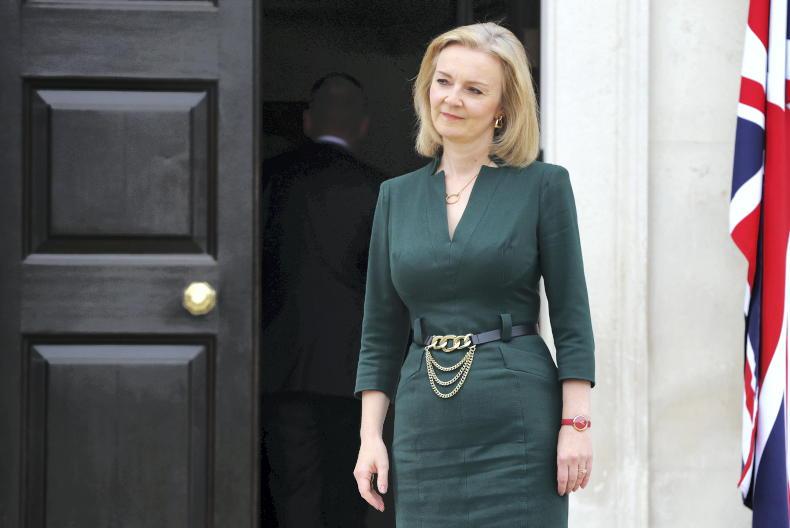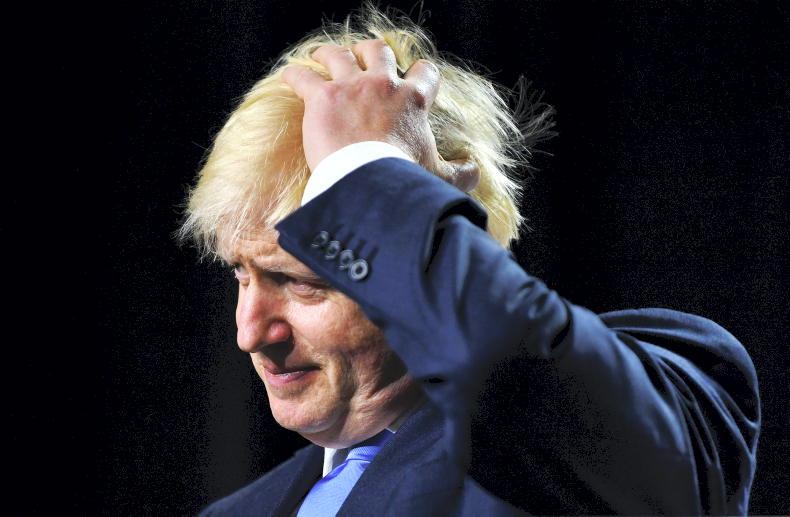The British Veterinary Association (BVA) announced this week that the number of EU vets registering to work in the UK fell from 1,132 in 2019 to 364 in 2021.
This coincides with an estimated 12-fold increase in the requirement for veterinary certification of animal and plant products being exported, back to when the UK left the single market in January 2021.
The food industry in Britain puts a cost of almost £60m against this, but now – as well as the cost factor – there is the issue of access to sufficient vets for issuing export health certificates.
Veterinary certification
Export health certificates are required by the EU for goods of animal and plant origin entering the single market area from outside, as is now the case with the UK.
For members in the EU 27, no certification is required as it is part of the single market. The UK has just commenced the enforcement of border controls from 1 January 2022, which also means certification but Irish exporters have been excluded from this for the duration on discussions on the implementation of the Northern Ireland (NI) protocol.
Benefit of single market
While there is increased demand on government vets in NI in administering the protocol checks at ports and airports on goods entering from the UK, there is no requirement for certification on cross-border trade as NI is treated by the EU as part of the single EU market.
This is the reason for the protocol and need for checks on goods entering NI from Britain in the first place.
Veterinary controls are the most difficult part of Brexit from an operational perspective. The certification process remains manual, which isn’t a particular issue when there are large consignments that can be covered by a single certificate.
However, in the case of goods entering NI and the single market from the rest of the UK, there are multiple small consignments – each of which require certification.
This has also meant that many small businesses in the UK which had online export businesses for speciality foods have had to cease exporting because it was no longer either financially or logistically viable.
The solution
The irony of this is that there is an operational solution to the certification issue on the table but it isn’t acceptable to the UK. It has been proposed that the UK should agree to keep veterinary standards aligned with the EU and in turn the EU would remove the need for certification.
This would at a stroke remove most of the controversial issues around the operation of the NI protocol and clear the queues of lorries at British ports on their way to the continent.
However this has been declined by the UK as it wouldn’t represent a sufficient departure of the UK from the EU. It would, however, solve part of the problem caused by the sharp reduction in the number of vets available by reducing the workload back to what it was when the UK was part of the EU and single market.








SHARING OPTIONS